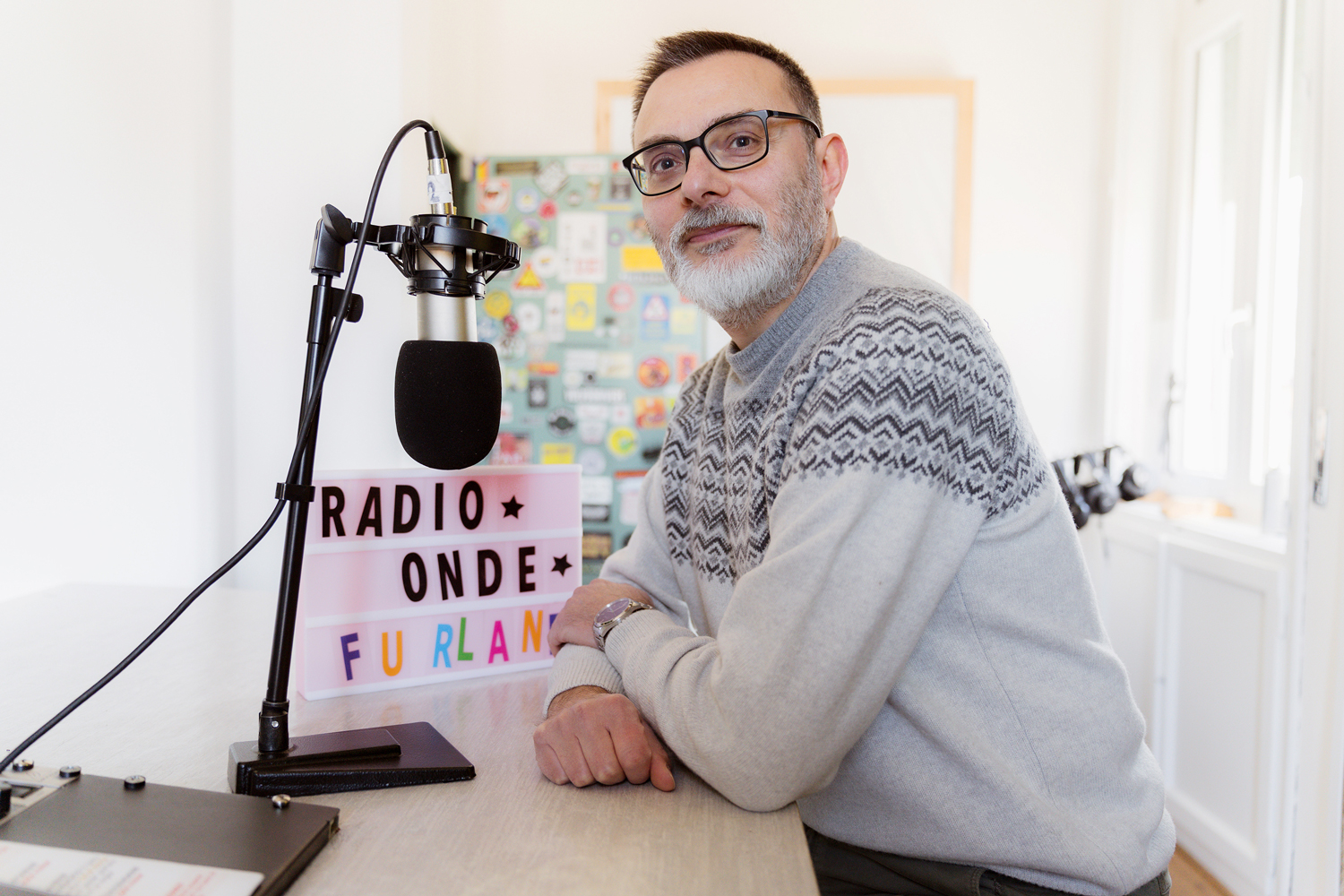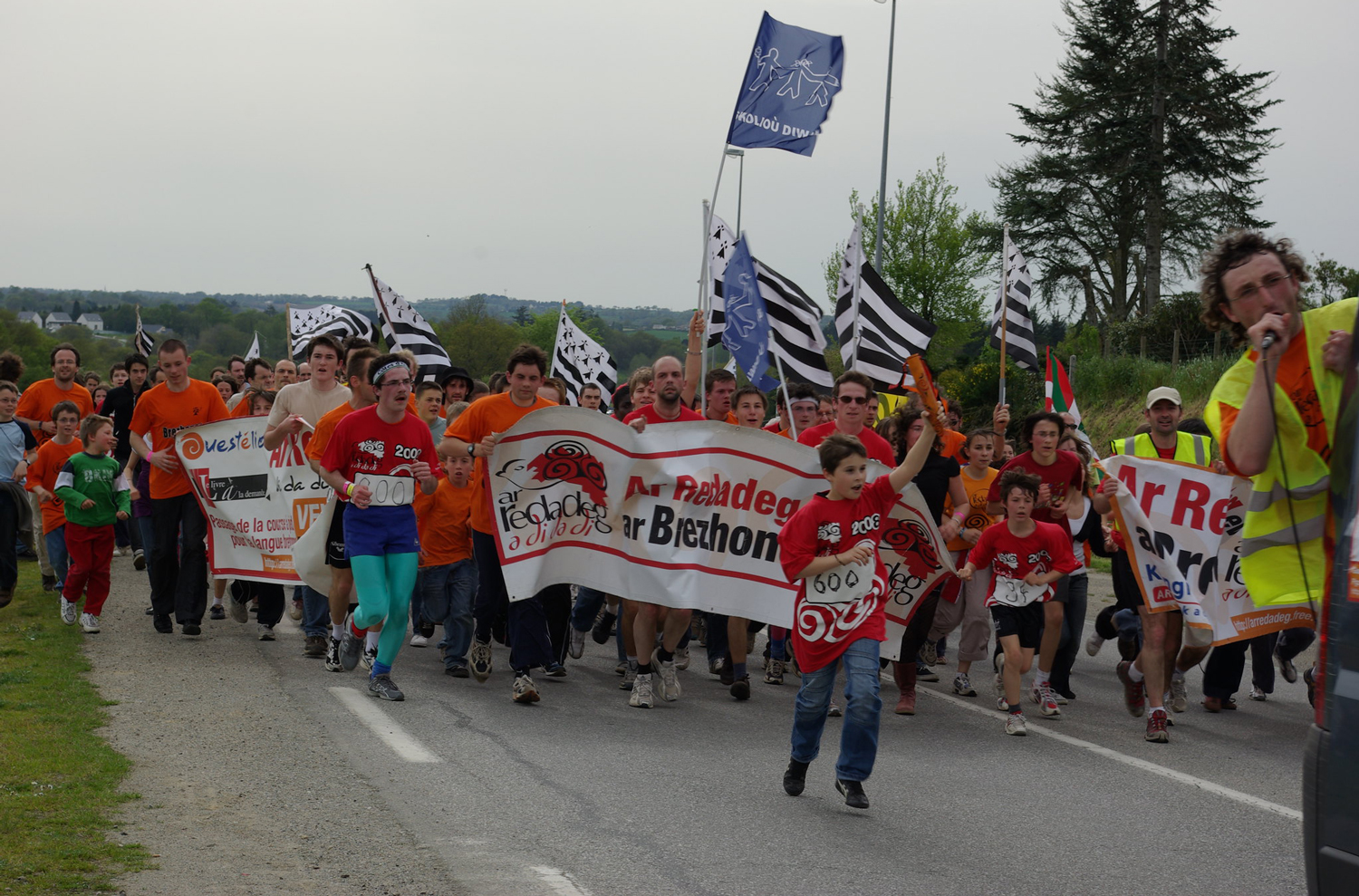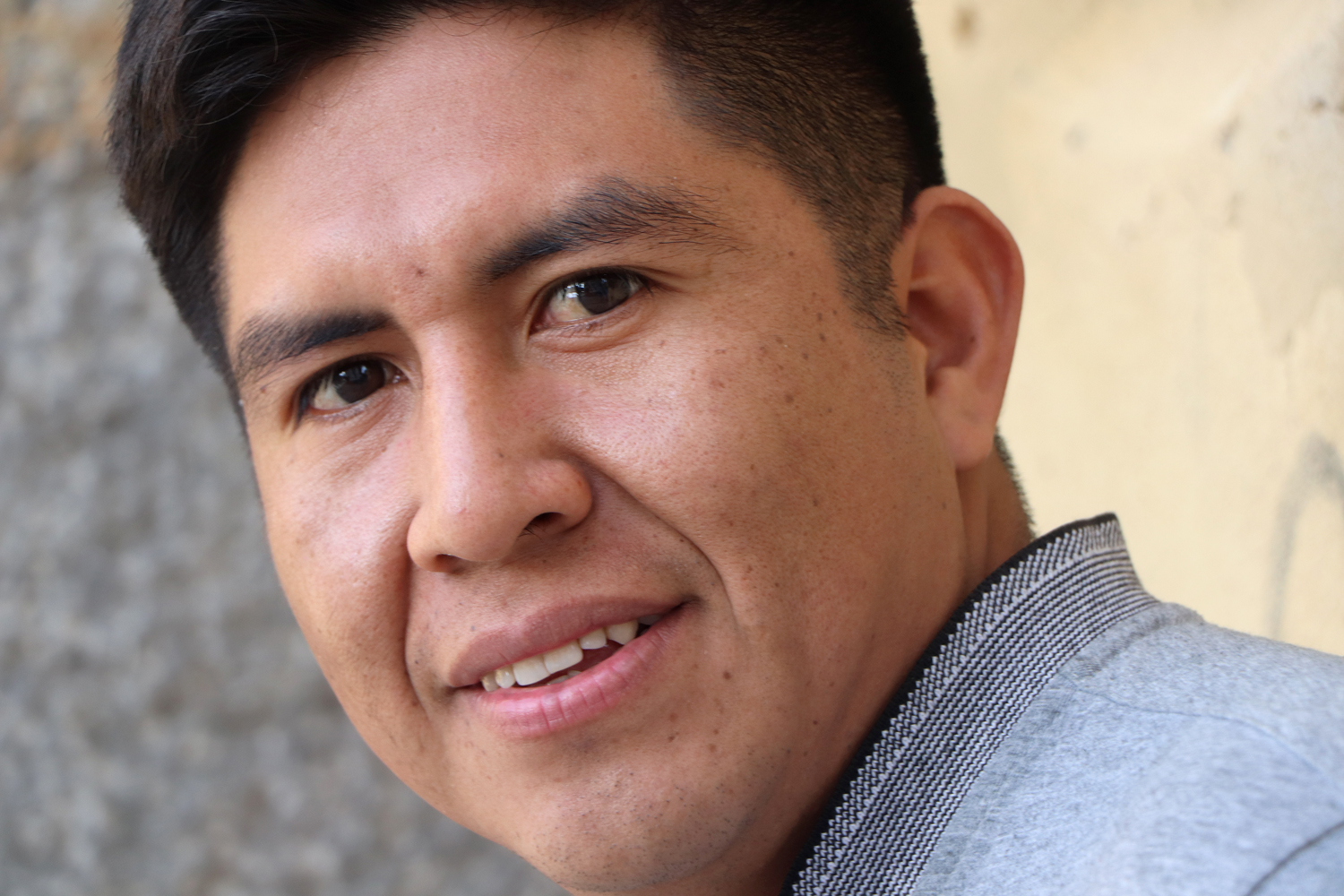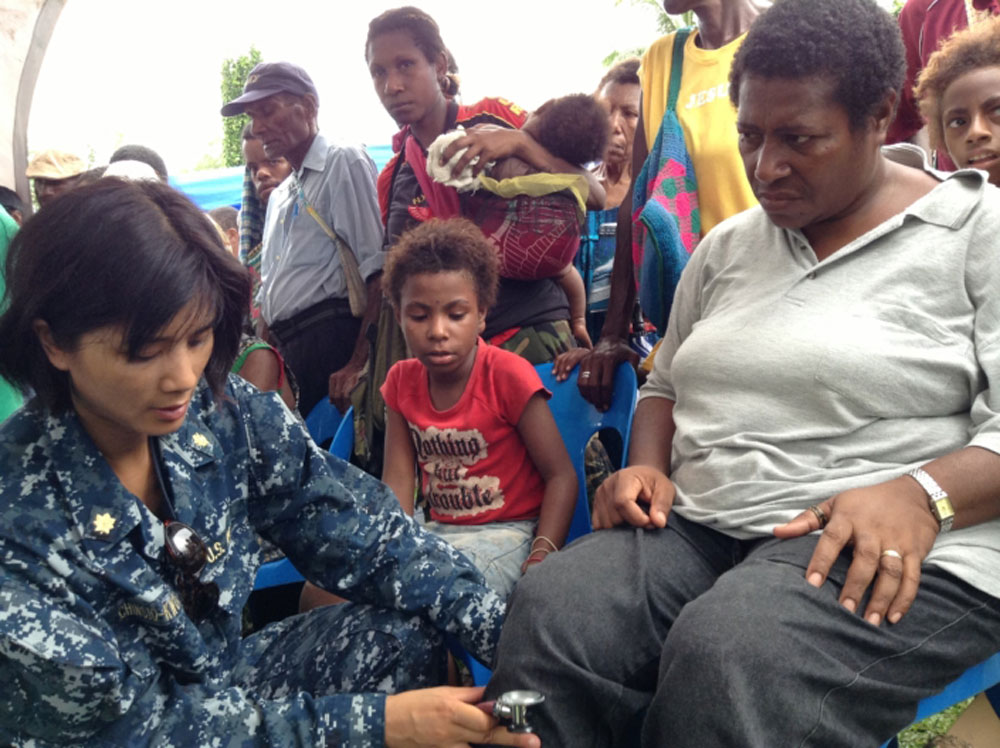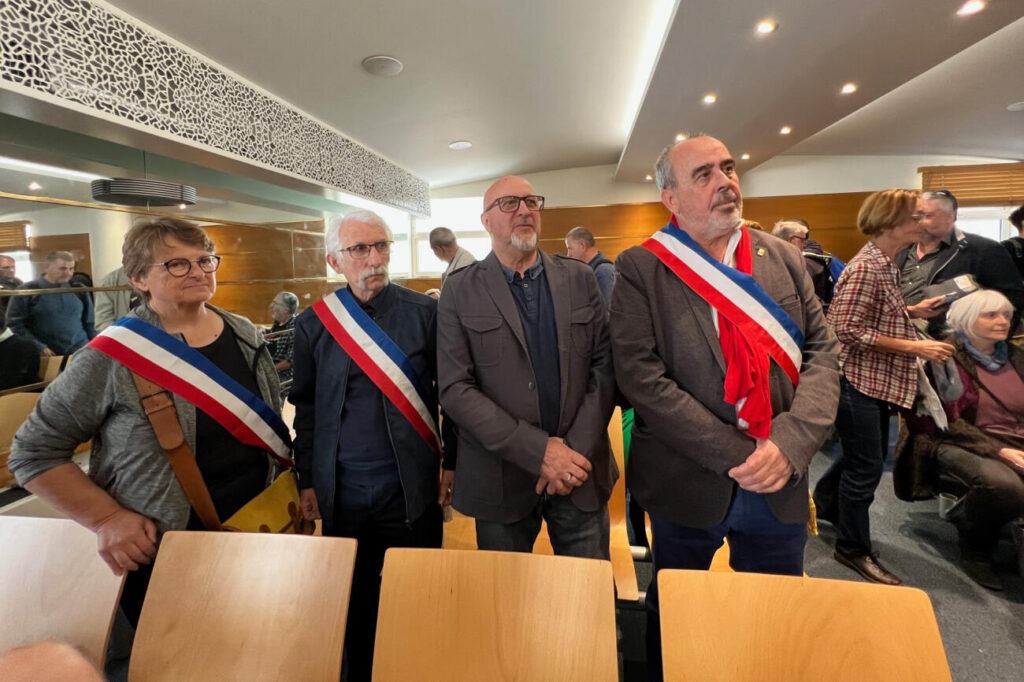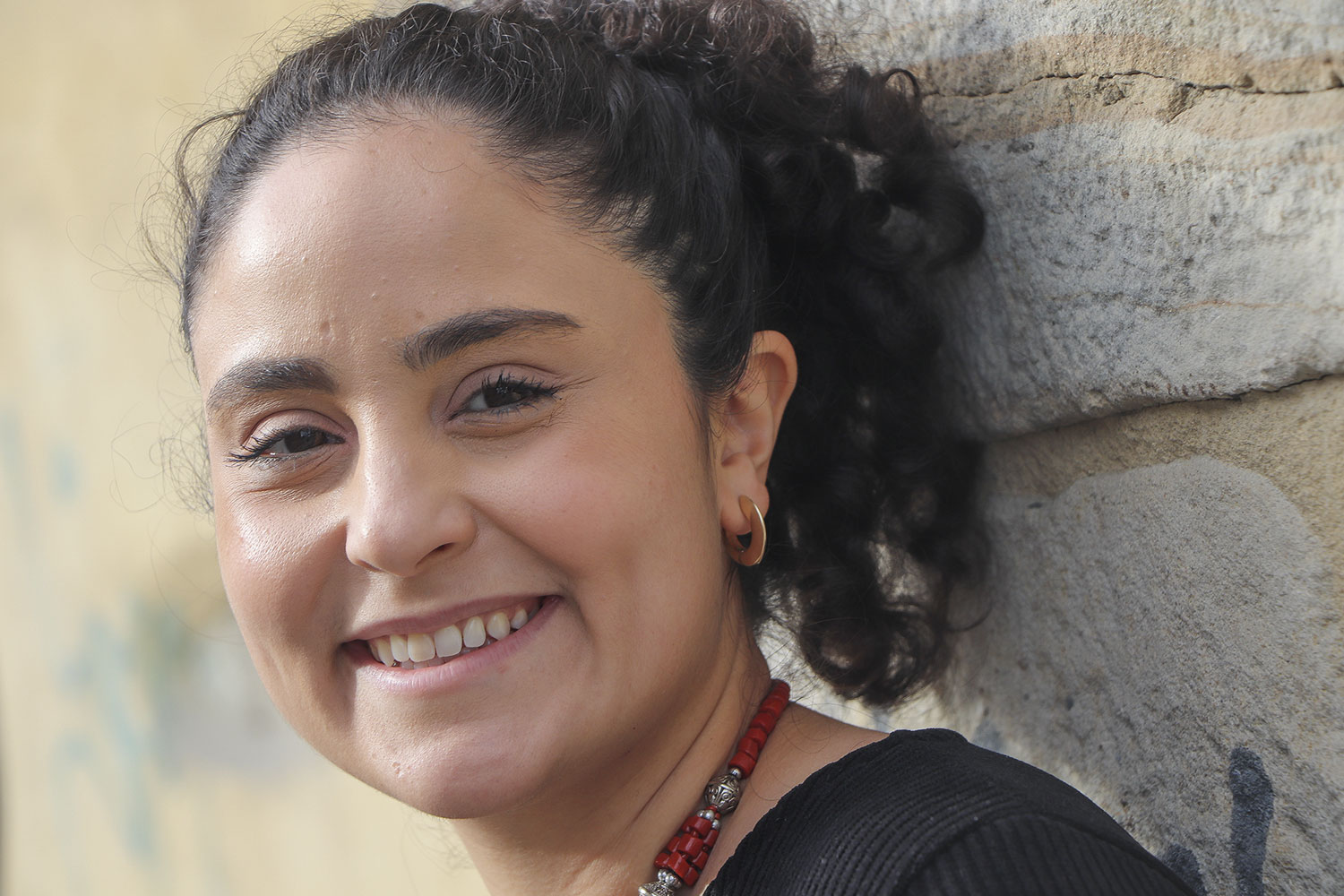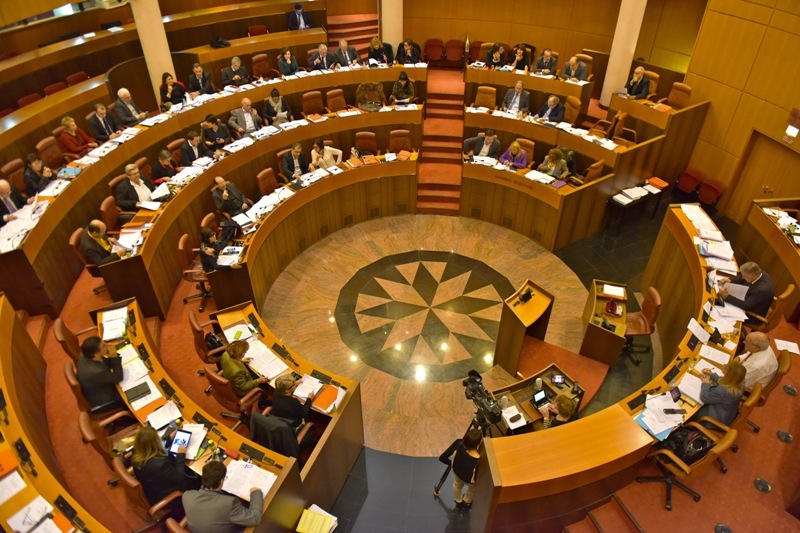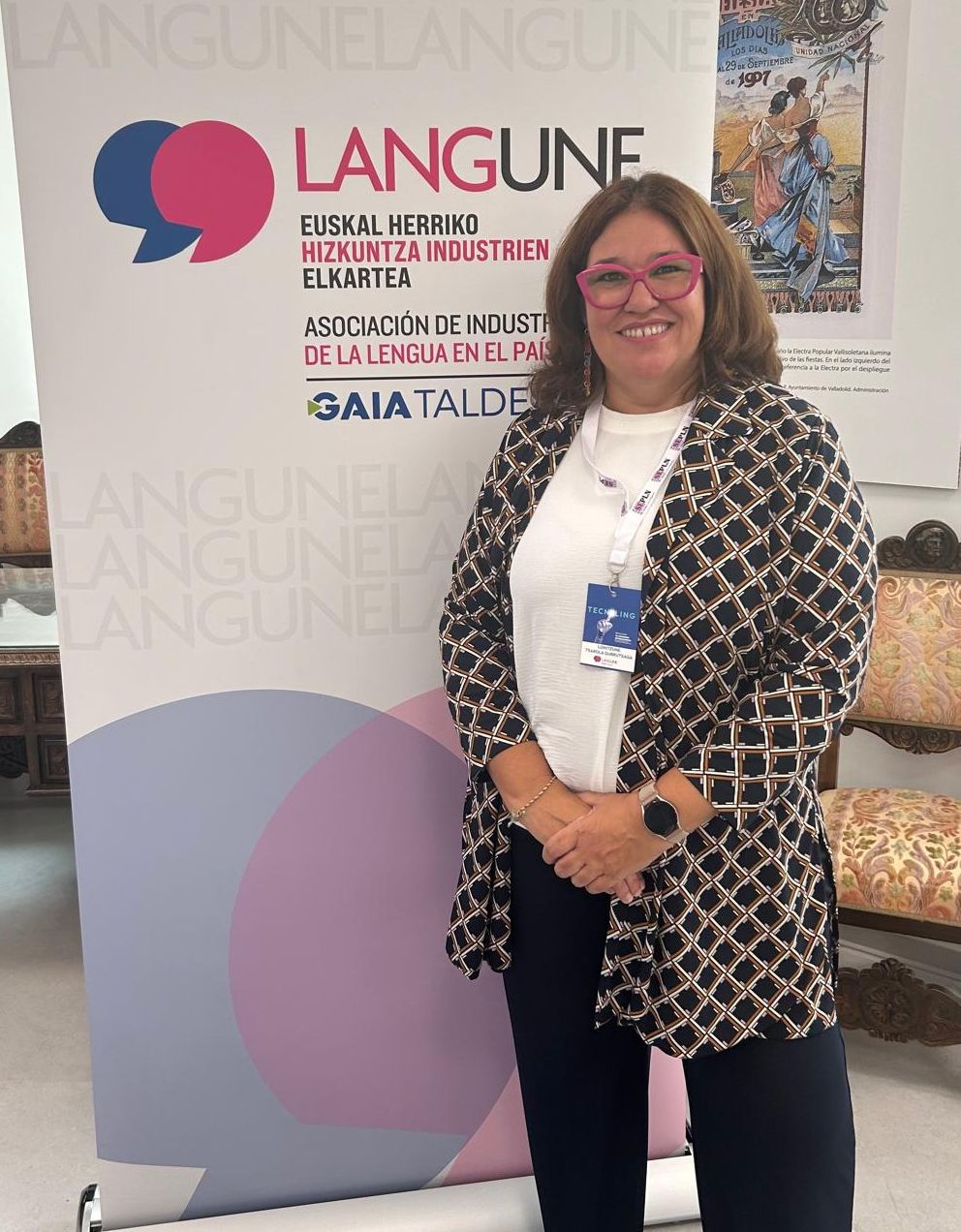Electronic music to try to save the language from 4,000 speakers
- Beni Fadi is his artistic name, Senegal is south-eastern and has started making electronic music in Menik. According to data from 20 years ago, 3,375 people speak this language, since then it has not been recounted and is about to disappear. "I had to do something to try to save our language," The Guardian called the piece about this artist. At the attention of the international media, he denounced that the French imposed language on their people and banned menic in schools.

Benoît Fader Keita is its true name, is 36 years old and is part of a diminished town in south-east Senegal. His mother tongue, Menik, is on the black list of 2,500 dying languages of Unesco. Its name is Bandafassi, the most important people of this people.
In a way, its history has attracted the attention of some international media: These links from The Guardian, Washington Post and Courrier International are an example of this.

Keita counts in The Guardian when Dakar went to study the capital of Senegal, which was deeply surprised because no one knew his people. "No one spoke my language. Nobody knew anything about Meniks, most people didn't know we existed. What was happening in our own country and that led me to become aware and want to do something."
From reggae to electronics
Although he started making reggae, he's doing electronics in recent years. In addition, it has been successful in your country. He has published a four-track EP with Electrafique and RISE stamps. The word of Arco means chameleon in Menik language. That's the title of the record.
One of the founders of the Electrafrique collective says in The Guardian: "I went to his hometown in 2020 and I got his story and what I was trying to do right away. I really liked the versatility of the voice."
France responsible for the disappearance of its language
As has already been mentioned, Fader Keita has drawn the attention of many media internacionales.Reportaje of video made by Washington Post in which he denounces the French attacks on his people. "The French were not able to say well the name of our people, Menik, and therefore Bedi called us. (...) At that time we could not speak our language at school, only the French language", he denounces.
At the end of the report we present how the linguistic oppression looks: "If you lose your language in exchange for another, you will be a slave of that second language or culture. I am not obliged to change my language to explain my ideas. That's why maintaining my language has become the most important thing in my life."
Reporting under Washington Post.
Below are some of her songs:
Lagun asko sumatu dut kezkatuta euskaldun gero eta gutxiagok ahoskatzen duelako elle-a. Haur eta gazte gehienek bezala, heldu askok ere galdu du hots hori ahoskatzeko gaitasuna, idatzian ere nahasteraino. Paretan itsatsitako kartel batean irakurri berri dugu: altxorraren biya... [+]
570.000 familiak euren haurren ikasgeletako hizkuntza nagusia zein izango den bozkatzeko aukera dute martxoaren 4ra arte: gaztelera edo katalana. Garikoitz Knörr filologoaren eta euskara irakaslearen arabera, kontsultak "ezbaian" jartzen du katalanaren zilegitasuna... [+]
Iragan urtarrilaren hondarrean, Bretainiako lurraldeko bi hizkuntza gutxituei buruzko azken inkesta soziolinguistikoaren emaitzak publiko egin zituzten bertako arduradunek. Haiek berek aitortu zuten harriturik gertatu zirela emaitzak ikustean. Hain zuzen ere, egoerak eta... [+]
Oinarrizko maia komunitateko U Yich Lu’um [Lurraren fruitu] organizazioko kide da, eta hizkuntza biziberritzea helburu duen Yúnyum erakundekoa. Bestalde, antropologoa da, hezkuntza prozesuen bideratzaile, eta emakumearen eskubideen aldeko aktibista eta militante... [+]
Korsikako legebiltzarkideek ezin dute Korsikako Asanblean korsikeraz hitz egin, Bastiako Auzitegiaren 2023ko epai baten arabera. Ebazpen horri helegitea jarri zion Asanbleak, baina debekua berretsi du orain auzitegi berak. Epaiak tokiko beste hizkuntzei eragiten diela ohartarazi... [+]








